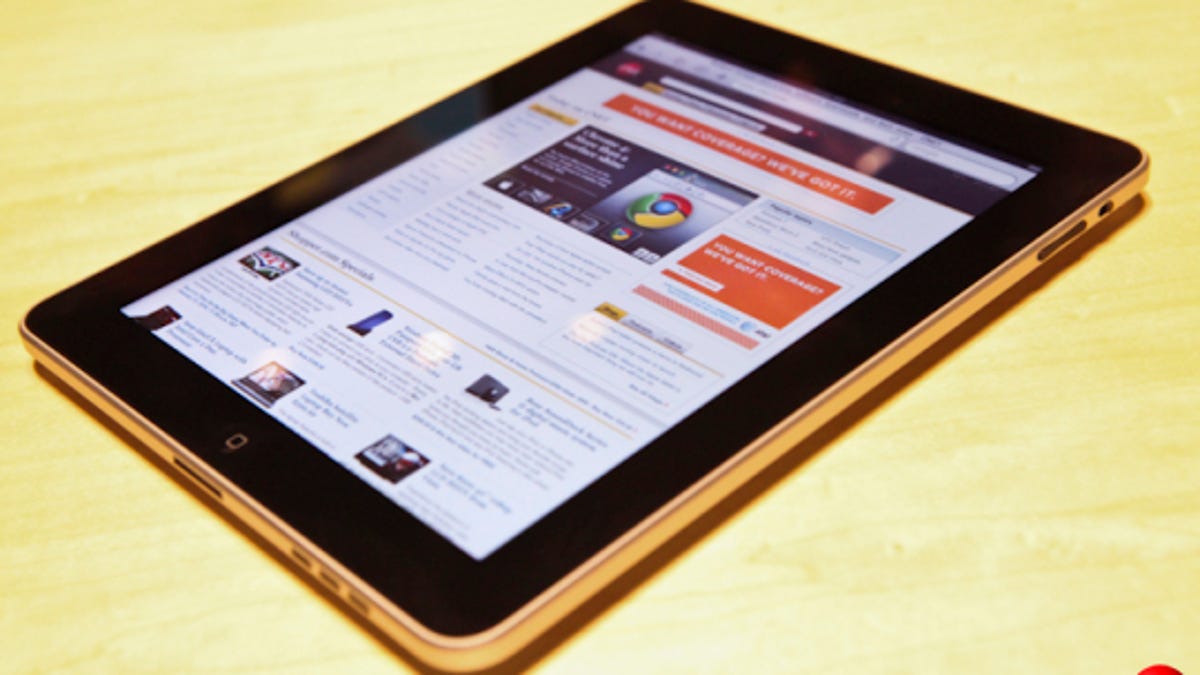USPS to ban overseas shipments on tablets, smartphones, more
Starting next week, people won't be able to ship a whole host of electronics overseas because items like the iPad, Kindle, laptops, and smartphones use possibly combustible lithium ion batteries.

If you know anyone living outside the U.S. who wants a tablet, laptop, camera, or smartphone from the States, it's best to send it to them before May 16.
As of next week, the United States Postal Service, or USPS, is banning all international shipments containing lithium ion batteries, which many electronics have (see the full list below).
The most likely reason for the ban is that if lithium ion batteries are fully charged or not correctly stored or packed, they can catch fire or combust -- something obviously best to avoid while shipping.
According to Fast Company, which first reported the story, lithium ion batteries are thought to have caused "at least two fatal cargo plane crashes since 2006, including a UPS jet in Dubai."
U.S. soldiers serving overseas will probably be hard hit by the USPS' new regulation. Although there are other shipping companies, like UPS, DHL, and FedEx, they are more expensive and can't deliver to troops' Army Post Office and Fleet Post Office mailboxes.
"After May 16, mailing an
The USPS says it may change the ban on January 1, 2013 and allow customers to mail certain quantities of lithium ion batteries internationally, including to APO and FPO locations, "when the batteries are properly installed in the personal electronic devices they are intended to operate."
Here's USPS' list of the most common electronics that use lithium-ion batteries:
- Video cameras
- Walkie talkies (two-way radio)
- GPS devices
- Radio-controlled toys
- Cameras
- Scanners
- Cell phones
- MP3 players
- Bluetooth headsets
- Smartphones
- Laptop computers
- Electronic shavers
- Power drills
- Tablets
- Portable DVD players
- Electronic measuring equipment

